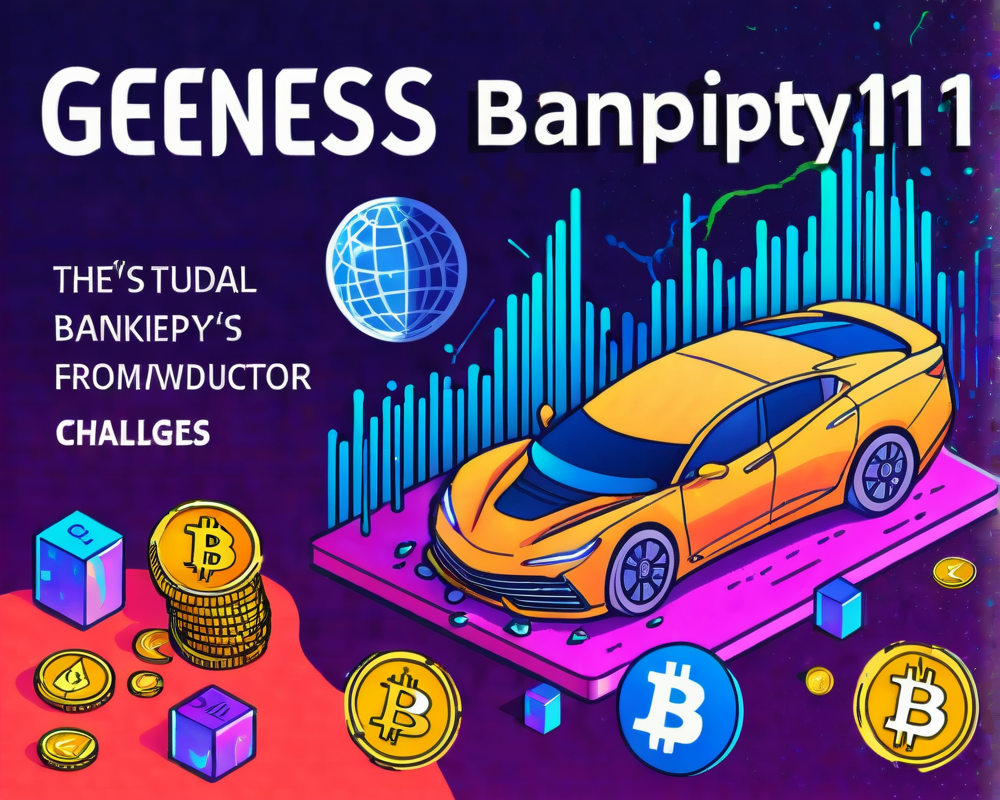Understanding Chapter 11 in the Crypto World
On January 19, Genesis Global Holdco LLC, the parent of Genesis Global Capital, threw its hat into the bankruptcy ring, opting for Chapter 11 protection in New York. This makes it one of the latest victims in the saga of crypto collapses, rubbing shoulders with names like Celsius, Voyager, BlockFi, and FTX. The Chapter 11 process is about as transparent as a mud puddle after a rainstorm, and trying to navigate it as a creditor can be like trying to read a menu in a dimly lit restaurant!
The Dilemma of Crypto Anonymity
One of the shining features of cryptocurrencies is their ability to keep transactions and identities under wraps. But here’s the kicker: Chapter 11 bankruptcy procedures, which aim to shed light on who’s owed what, clash with this anonymity. When creditors are asked to reveal their identities and account details, it’s akin to inviting hackers to a buffet of personal information. The legal tug-of-war is real!
Take Celsius, for instance. The court turned down its plea to keep the identities of its European customers under wraps, citing U.S. bankruptcy laws over EU data protection laws. Voyager, on the other hand, got a golden ticket to redact customer info. You can sense a pattern here – while courts appear to be grappling with how to deal with this new-age conundrum, the prevailing trend leans toward preserving anonymity, evidenced by similar decisions in the FTX and BlockFi filings.
The Unusual Cast of Unsecured Creditors
When you picture an unsecured creditors’ committee (UCC), you might envision a motley crew of banks and finance professionals. However, in the crypto realm, this committee is mostly made up of average Joes – retail investors. With the exception of Celsius and FTX, the rest of the current UCCs are primarily composed of individuals instead of deep-pocketed institutions. So, if you’re just a regular investor in a sea of suits, remember that your voice counts, even if you’re not wearing a tailored jacket!
Proof of Claim: Screenshots to the Rescue
In the realm of traditional bankruptcy, documents like promissory notes and contracts are the stars of the show when filing a proof of claim. However, crypto creditors have taken a less conventional approach, opting to submit screenshots of their account balances instead. Talk about a trendsetter! But beware, not all creditors can boast flashy screenshots. In the case of FTX, many creditors must navigate the murky waters without access to their account details, making the race for financial evidence a tricky endeavor!
The Recovery Rate Conundrum
Post-filing, all property of the debtor morphs into what’s known as the ‘bankruptcy estate.’ But wait, there’s more! Determining what counts as part of this estate is critical, especially for creditors holding interest-bearing accounts versus those with custodial accounts. A recently made ruling from the Celsius case suggests that if your investment was pooled with others to create interest, you might be in for a bumpy ride when trying to reclaim your assets, as they belong to the bankruptcy estate!
Meanwhile, BlockFi is attempting to save the day for custodial ‘Wallet’ account holders seeking to withdraw funds, emphasizing that their assets don’t belong to the debtor. Will Genesis patrons find themselves leaning more towards BlockFi’s happy ending or stuck in the chaotic aftermath of Celsius’s ruling? Only time will tell!




